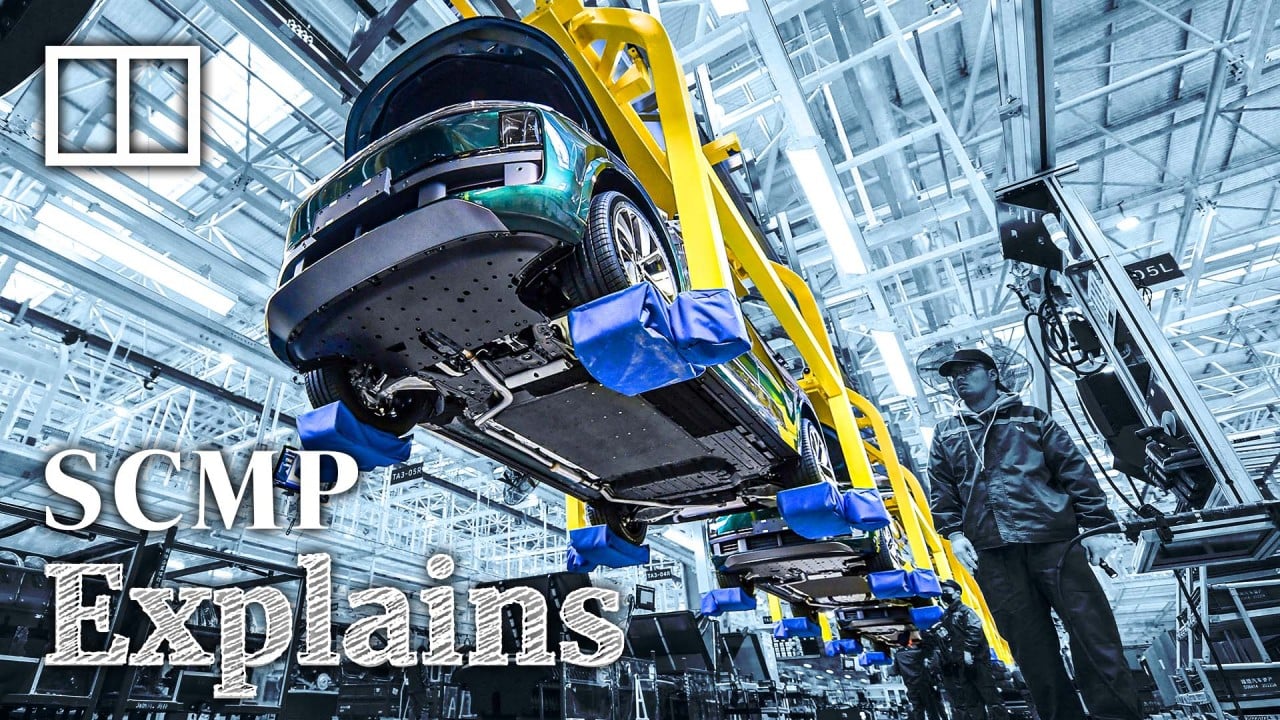“Does China need that many? I don’t think so.”
He said the public was too anxious about being a technological step behind the US.
“It’s impossible to exceed the US in every aspect,” Yao said.
China is hoping hi-tech research and leadership in frontier sectors will consolidate its footing in the global supply chain.
But Yao said: “Developing ‘new quality productive forces’ cannot be interpreted as the most advanced technology, sometimes the most advanced isn’t the best.”
He said it was not necessary to always innovate from the beginning – sometimes small changes in a traditional field could be very important as well.
To create an innovative environment, Yao said, China needed to learn from its competitors, such as the US.
He said the US had constantly led innovation in the past century because it was a society open to immigrants. “When one looks at any Silicon Valley company, at least 60 or 70 per cent of the staff were born in another country.”
“China needs to be open as well, and Shanghai should take the lead to relax its household registration system,” he said.
“We need to attract young people to create businesses in Shanghai … not only young Chinese, but young people from all over the world.”
China’s household registration system, or hukou, has long been blamed for dividing the population between urban and rural residents, and limiting people to the places they were born in. In recent years, megacities have been relaxing their hukou rules to compete for young talent.
The second key element for innovation was a developed, capitalist market because it rewarded inventiveness, he said. Shanghai had huge advantages and its stock market could play a role in encouraging innovation, he said.
China has thrown its economic weight behind research and development as the global race for technology has moved into high gear. In January, in the face of Washington’s tech-containment efforts, Beijing unveiled a plan to turn home-grown innovations into commercialised products. It had set up five advanced pilot-scale production facilities, linking laboratory research with mass production.


